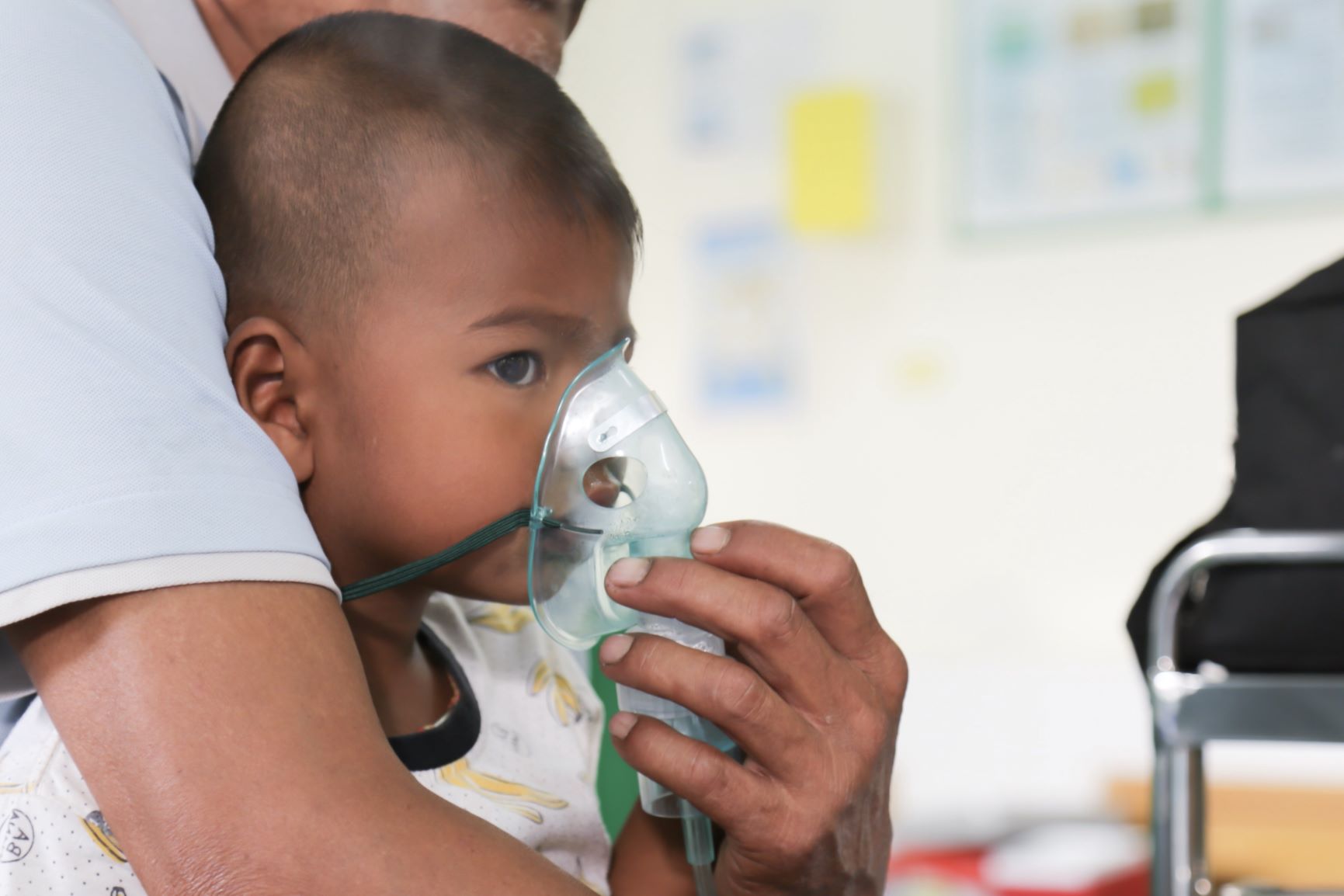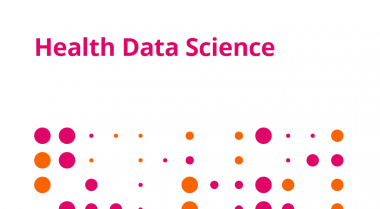Real-world evidence data from landmark trial to catalyse future respiratory research
21 January 2021
BREATHE – the Health Data Research Hub for Respiratory Health (‘BREATHE’) has partnered with GSK to enable access to data from the ground-breaking Salford Lung Study, paving the way for new research.
Information on data from the Salford Lung Study is now available on the Health Data Research Innovation Gateway, a common entry point to discover and enquire about access to health datasets for research and innovation.
This will enable a streamlined route for researchers to request access to wide-ranging real-world evidence data from the landmark trial, led by GSK.
This will also mark the first industry dataset to be listed on the Innovation Gateway.
Open science approach
The study was made possible through a collaboration between GSK, North West e-Health (NWEH), The University of Manchester, Salford Royal NHS Foundation Trust, University Hospital of South Manchester (UHSM), NHS Salford and GPs and community pharmacists in Salford, Trafford and South Manchester.
Building on this collaborative ethos, GSK are leading the way in enabling others to make use of the data that have been collected.
The data will be retained by GSK as data controller, with access requests made through the Gateway subject to approval by an independent review committee.
A unique and powerful dataset
The Salford Lung Study of patients with asthma and chronic obstructive pulmonary disease (COPD) is considered the first of its kind globally – a large, prospective, real-world trial conducted across a patient population within a single geographical setting.
The study combines the robust scientific methodology of a Randomised Controlled Trial (RCT) with the benefits of observing real patients in a real setting. This has led to the generation of a unique and scientifically important dataset.
Professor Jenni Quint, Deputy Director and Real-World Evidence Lead, BREATHE: “Real-world evidence has the potential to transform what we know about how patients interact with treatments. The Salford Lung Study represents a scientifically interesting and powerful dataset, which will allow researchers to answer questions that are important for respiratory treatment and care. We are delighted to be working alongside GSK to make this a reality, by providing a streamlined route to request access.”
Dr David Leather, Medical Vice President, Global Head of Inhaled Asthma Therapies, GSK: “The Salford Lung Study tested a pre license medicine in everyday clinical practice and used the electronic health record to monitor patients and gather data on safety, efficacy, and health care utilisation. It was the first study of its kind, with every single GP practice and community pharmacy in and around Salford taking part, and it continues to inform patient care. At GSK, we have gained invaluable insight into how medicines are used and the impact they have in everyday clinical practice and we continue to advance medical science through Real World Evidence. We are hopeful that sharing the dataset from the Salford Lung Study will enable others to answer more questions and inspire new research for the benefit of patients.”
Dr Rupert Jones, Chair of the Salford Lung Study Scientific Committee:“While the Salford Lung Studies produced ground-breaking findings that were published in top journals, there were many other papers on the secondary messages and the methods used. The value of the research dataset can continue to be used for independent academic research, as it combines high-quality information collected for the study with the real-life data from patient records in primary and secondary care. The Scientific Committee are keen to see this large dataset used to advance knowledge of lung disease and its treatment.”
Ben Gordon, Executive Director, Hubs and Data Improvement, HDR UK: “The inclusion of the Salford Lung Study on the HDR UK Innovation Gateway is a fantastic, tangible example of how, through collaboration, important, large-scale datasets can be made widely available for research. As a result of GSK and the BREATHE Hub working together, future research and insights will further improve our understanding of lung disease. We hope the wider availability of this rich dataset will introduce the HDR UK Innovation Gateway to new audiences and pave the way for further collaborations of this kind.”
Click for the Salford Lung Study
– ENDS –
For further information, contact:
Jess Conway, Communications and Engagement Officer, BREATHE
Email: jess.conway@ed.ac.uk
About BREATHE – the Health Data Research Hub for Respiratory Health –
BREATHE facilitates the safe and responsible use of respiratory health data at scale, sparking research and innovation for the benefit of UK patients.
Funded by UK Research and Innovation’s Industrial Strategy Challenge Fund, BREATHE is one of seven Health Data Research Hubs delivered by Health Data Research UK. The Hubs are centres of excellence with expertise, tools, knowledge and ways of working to maximise the insights and innovations developed from health data.
BREATHE is a collaboration between patients and publics, academia, third sector, Government organisations and industry from across the UK and globally. The Hub is led by The University of Edinburgh, Imperial College London, Swansea University, University of Leicester, Nottingham University Hospitals NHS Trust and Queen Mary University of London.
Website: www.ed.ac.uk/usher/breathe
About Health Data Research UK –
Health Data Research UK (HDR UK) is the national institute for health data science. Our mission is to unite the UK’s health data to enable discoveries that improve people’s lives. It is funded by UK Research and Innovation, the Department of Health and Social Care in England and equivalents in Northern Ireland, Wales and Scotland, and leading medical research charities.
HDR UK was set up in 2018 to support research on health data at scale to advance our understanding of disease and enable new discoveries that will ultimately improve health and care. We have established national research programmes that use data at scale, and we are building an infrastructure to enable the responsible access and analysis of this data. Our work is structured around three themes:
- Uniting health data – which includes the UK Health Data Research Alliance and the Health Data Research Innovation Gateway.
- Improving health data – which includes tools, methods, Health Data Research Hubs and the BHF Data Science Centre.
- Using health data – which includes research discoveries and skills development across four national priority areas: Understanding the Causes of Disease, Clinical Trials, Public Health and Better Care.
We are delivering this strategy through our inclusive, team-oriented One Institute ethos – bringing together NHS, universities, research institutes and charities – built on our values.
Website: www.hdruk.ac.uk



